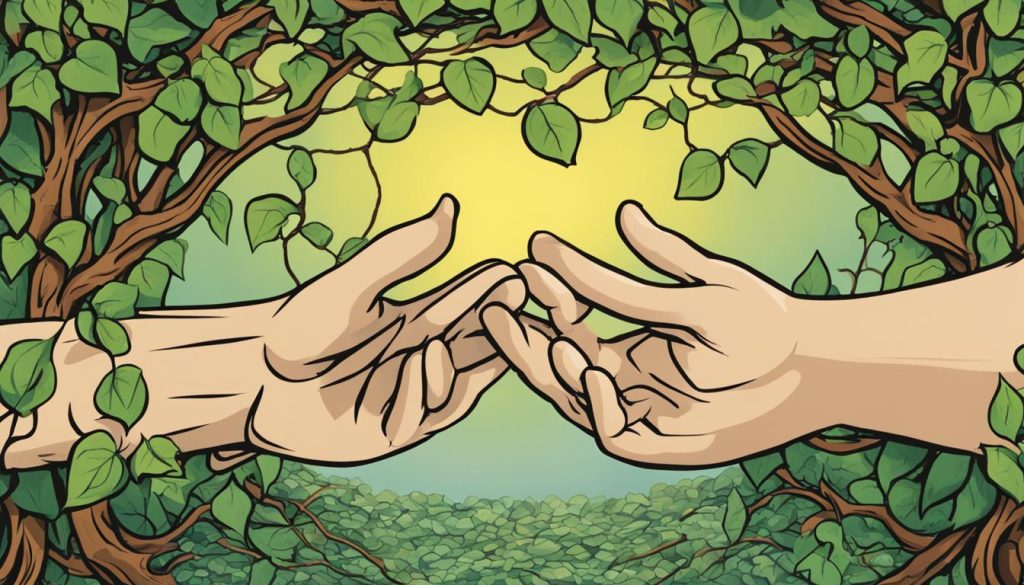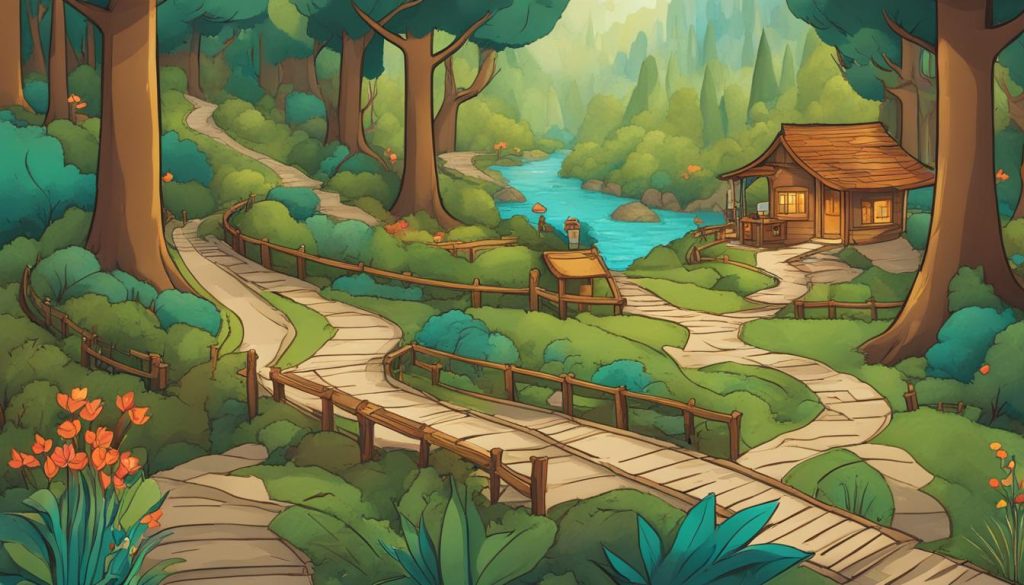Reaching the two-year mark in a relationship is a noteworthy milestone. It’s often the point where the initial rush of romance settles into a more mature, deeper connection. Understanding and navigating this stage is crucial for fostering a relationship that continues to thrive. Let’s walk through some key growth areas and potential challenges couples might encounter.
Deepening Emotional Connection
Your emotional bonds deepen as you become more familiar with each other. This stage is characterized by a greater comfort level that allows both partners to share more freely and vulnerably.
Example: Imagine Emma and Leo. Initially, Leo never shared his anxieties about work. He opens up two years in, and Emma supports him, strengthening their bond significantly.
Imaginary Scenario: Picture a couple in your favorite romantic book. After years together, they start reading each other’s moods with just a glance, showing how attuned they’ve become.


Navigating Routine and Monotony
The exciting whirlwind of new experiences gives way to more routine interactions, which can seem monotonous but offer comfort and stability.
Example: Mia and Jack used to explore new cities on weekends. Now, they enjoy quiet movie nights. At first, it feels less exciting, but they soon find these moments equally cherished, filled with shared laughter over bad movies.
Imaginary Scenario: In a series, a couple spices up their routine life by dedicating Friday nights to recreating dishes from around the world, bringing novelty and excitement back into their relationship.
Handling Conflicts
It’s natural for more conflicts to surface as you become comfortable expressing yourselves. How you manage these disagreements plays a crucial role in the health of your relationship.
Example: Sara and Tom initially avoided tough conversations to keep the peace. Over time, they realize this needs to be revised and start addressing issues as they arise, learning to communicate effectively and respectfully.
Imaginary Scenario: Consider a fictional couple facing a major decision about moving abroad for one partner’s job opportunity. They use open dialogue and patience to navigate this life-altering choice, showcasing the importance of teamwork in a relationship.
Realigning Future Goals
This is a critical time for discussing and aligning future goals. These conversations are crucial for planning your life together, whether about marriage, careers or where to live.
Example: Alex wants kids sooner, while Jordan still needs to be ready. They engage in several in-depth discussions, ultimately agreeing to revisit the topic in a year, allowing Jordan more time to feel prepared.
Imaginary Scenario: A couple in a story might realize their career goals are pulling them to different cities. They decide to try long-distance with regular visits, planning to reassess their arrangement each year.


Reaffirming Commitment
As you continue to navigate your relationship’s complexities, reaffirming your commitment to each other becomes important. This could mean making practical decisions together, such as moving in together or planning long-term investments.
Example: Consider Hannah and Mark, who decide to buy a home together after two years, seeing this as a step forward in their commitment.
Imaginary Scenario: In a fantasy novel, a couple might embark on a perilous journey, symbolizing their dedication to facing any of life’s challenges together.
Conclusion
The two-year mark in a relationship is more than just a period of further commitment; it’s a phase where deeper understanding and shared experiences come to the forefront. It’s about building a lasting partnership through honest communication, shared goals, and mutual support.
Each couple’s journey is unique, but the willingness to adapt and grow together is universally crucial.
FAQs
Q: What if my partner and I start feeling like we’re drifting apart after two years?
A: It’s not uncommon for couples to feel a bit disconnected as initial excitement fades and routines set in. Focus on reintroducing communication and shared activities into your relationship. Plan regular date nights, try new hobbies together, or even engage in a project that excites both of you. This can help rekindle your connection.
Q: How can we handle disagreements more effectively?
A: Developing healthy communication habits is key. Listen actively to your partner without preparing your rebuttal as they speak. Use “I” statements to express how you feel rather than “you” statements, which may make your partner feel defensive. Consider setting rules for disagreements, such as no name-calling and taking timeouts if the discussion gets too heated.
Q: Is it normal to not feel as ‘in love’ as we did at the start?
A: Absolutely. Love often evolves from passionate love to compassionate love. While the butterflies might decrease, a deeper, more stable love typically develops. This mature love involves a stronger commitment, deeper affection, and a well-developed companionship.
Q: Should we consider couples therapy?
A: Therapy can benefit couples at any stage, not just when problems seem overwhelming. It can help improve communication, resolve conflicts, and deepen understanding between partners. Consider it a tool for proactive relationship maintenance rather than a last resort.
Q: How do we balance our individual goals with our goals as a couple?
A: Open and honest discussion about your personal and shared goals is essential. Recognize that support for each other’s individual goals can strengthen your relationship. Try to find compromises and synergies between your aspirations, and make plans that accommodate both partners’ dreams wherever possible.
Q: How often should we discuss the future and our plans?
A: Regular check-ins about plans are healthy and can ensure you remain aligned as your lives and desires evolve. These discussions can be part of a monthly “relationship review“ or brought up as needed, but they should be approached as collaborative and supportive sessions, not as negotiations.

